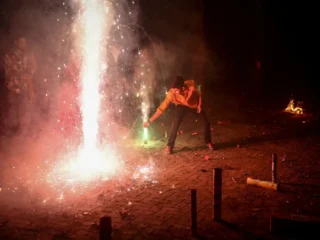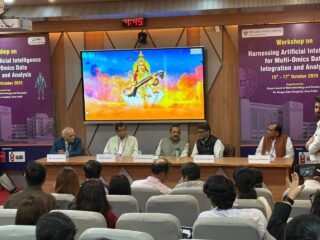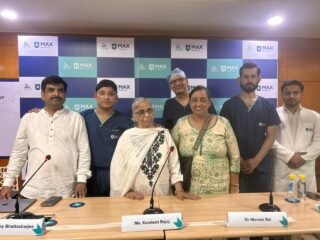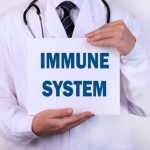Kolkata: Amid nationwide protests after the Kolkata doctor’s rape-murder, the Indian Medical Association (IMA) on Saturday sought Prime Minister Narendra Modi’s ‘benign intervention’ to bring a central law to check violence against healthcare personnel and declare hospitals as safe zones with mandatory security entitlements.
The doctors’ body has called for a nationwide 24-hour protest demanding to implement the Healthcare Services Personnel and Clinical Establishments (Prohibition of Violence and Damage to Property) Bill, 2019, also known as the Central Protection Act.
The Kolkata rape and murder case has shocked the nation and driven the doctors’ association to take action. The letter to the PM to look into the matter is a decisive move. This action underscores the urgency and gravity of the situation, emphasizing the need for quick justice and resolution. Let’s look closer at this critical issue and the doctors’ body’s demands.
What Are Doctor’s Demanding In The 24-Hours Strike Protest?
The doctor’s body has demanded that hospitals be declared as safe zones, with the first step being mandatory security entitlements.
Speaking to the media, IMA said, “Security protocols at hospitals should be no less than at airports. Declaring hospitals as safe zones with mandatory security entitlements is the first step. CCTV cameras, deployment of security personnel and the protocols can follow”.
The doctors’ body has listed several urgent demands. These include harsh punishment for those involved in the Kolkata rape and murder, ensuring the safety of women and healthcare professionals, and implementing measures to prevent such incidents. The urgency of these demands highlights the need for a comprehensive response to this pressing issue.
Kolkata-Rape And Murder Case In R.G Kar Hospital
The brutal rape and murder of a young, aspiring doctor at RG Kar Medical College and Hospital in Kolkata has sent shockwaves across the nation. The incident, which occurred on 9th August, has exposed a deep-rooted issue of women’s safety, particularly in educational and professional institutions.
The Indian Medical Association (IMA) has called the incident a “black day” for the medical profession and has demanded a thorough investigation into the matter. In the light of the horrific incident, doctors, activists and other medical workers are protesting against the authority nationwide.
The case has also sparked a larger conversation about the safety of women in India.






